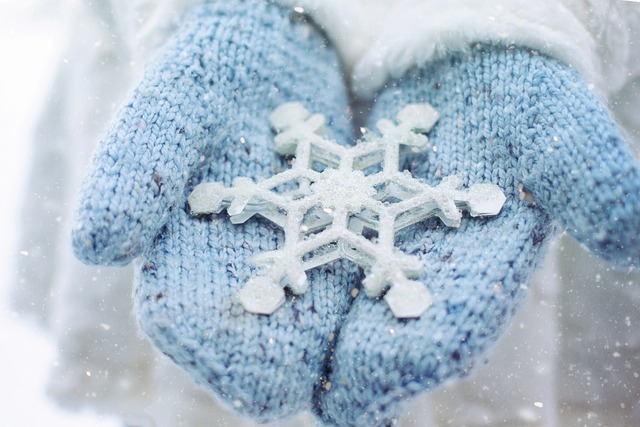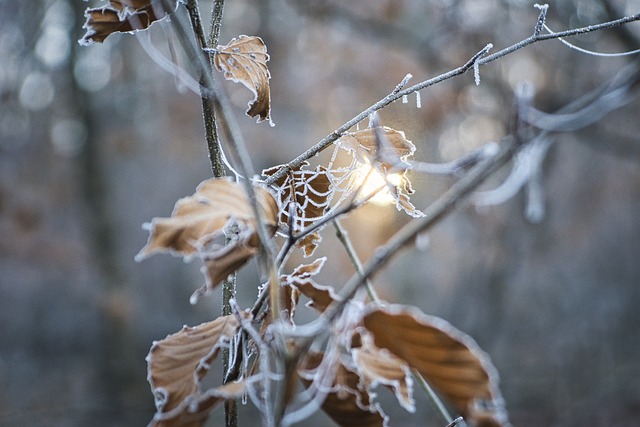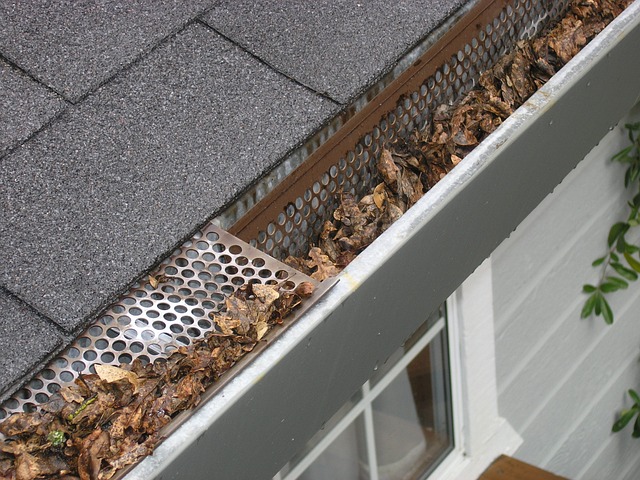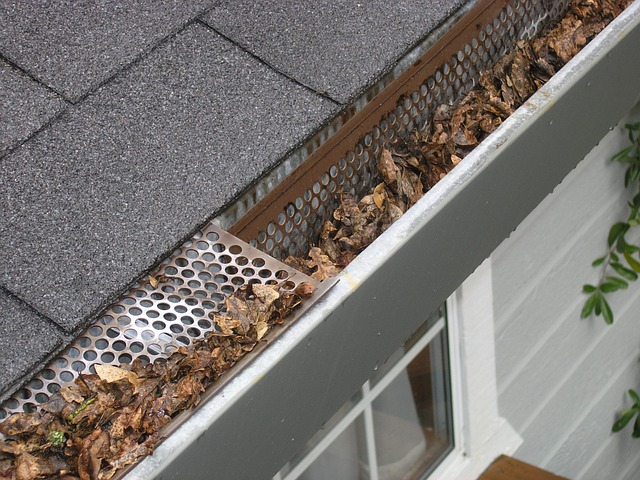Regular plumbing inspections (1-2 yearly) are crucial for home maintenance, preventing costly disasters and ensuring the health of your plumbing system. Professionals assess pipes, fixtures, appliances, and pipe insulation for issues like corrosion, leaks, or damage, offering a comprehensive evaluation. Proper pipe insulation using materials like foam or fiberglass prevents burst pipes, minimizes heat loss/gain, and ensures energy efficiency. Regular inspection and timely repair of damaged pipe insulation safeguard against energy waste and potential plumbing disasters.
Regular plumbing inspections are an essential part of home maintenance. From preventing costly repairs to ensuring safe water quality, these routine checks can catch issues early. This article guides you through understanding the significance of plumbing inspections, what to expect during one, and provides expert tips on effective pipe insulation and maintenance. Discover how to keep your plumbing system in top condition with simple yet effective strategies.
- Understanding the Importance of Regular Plumbing Inspections
- What to Expect During a Plumbing Inspection
- Tips for Effective Pipe Insulation and Maintenance
Understanding the Importance of Regular Plumbing Inspections

Regular plumbing inspections are an essential aspect of home maintenance that often goes overlooked. While it might seem like a hassle, these routine checks can prevent costly and inconvenient plumbing disasters. Plumbing issues can lurk unnoticed until they become severe problems, leading to unexpected repair bills and even damage to your home. By scheduling periodic inspections, you’re taking a proactive step towards ensuring the health of your plumbing system.
During these inspections, professionals can assess various components, including pipes, fixtures, and appliances. They look for signs of corrosion, leaks, or damage to pipe insulation, which is crucial as it protects pipes from extreme temperatures and reduces energy bills. Regular maintenance allows for the early detection of potential problems, making them easier and less expensive to fix. It’s a wise investment that can save you time, money, and future headaches.
What to Expect During a Plumbing Inspection

During a plumbing inspection, professionals will thoroughly assess your home’s plumbing system. This includes checking for any signs of leaks, corrosion, or damage in pipes, fittings, and fixtures. They’ll also inspect appliances like water heaters and dishwashers to ensure they’re functioning correctly and safely. One key area that will be examined is pipe insulation, as it protects pipes from extreme temperatures and prevents freezing during cold months, ensuring efficient and continuous plumbing performance.
Inspectors will look for proper venting in pipes, which is crucial for maintaining water pressure and preventing sewer gases from entering your home. They’ll also verify the condition of drain traps, which help prevent sewer gases from escaping into your living spaces. This process involves checking for leaks around these components and ensuring they’re properly sealed, providing a clear picture of your plumbing system’s overall health and efficiency.
Tips for Effective Pipe Insulation and Maintenance

Maintaining proper pipe insulation is a crucial aspect of plumbing inspections and overall home maintenance. Effective insulation ensures pipes remain at optimal temperatures, preventing burst pipes during cold seasons and minimizing heat loss in hot climates. One of the best tips for pipe insulation is to use quality materials suitable for your region’s climate. This includes insulating pipes with materials like foam or fiberglass, which are designed to withstand various temperature extremes.
Regularly checking for any signs of damage or moisture around insulated pipes is essential. Over time, insulation can become damaged, especially in areas prone to extreme weather conditions or where pipes are exposed. Promptly repairing or replacing damaged insulation helps maintain energy efficiency and prevents potential plumbing issues caused by freezing or excessive heat. Remember, proper pipe insulation not only saves on energy bills but also acts as a protective layer for your precious plumbing system.






